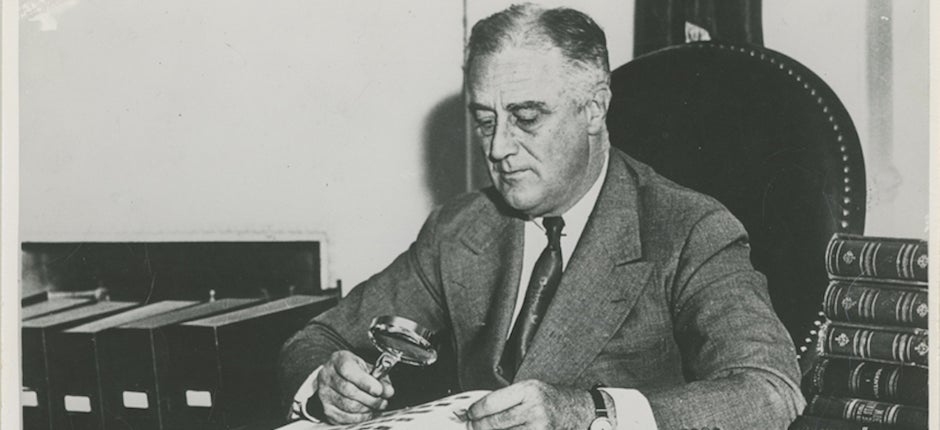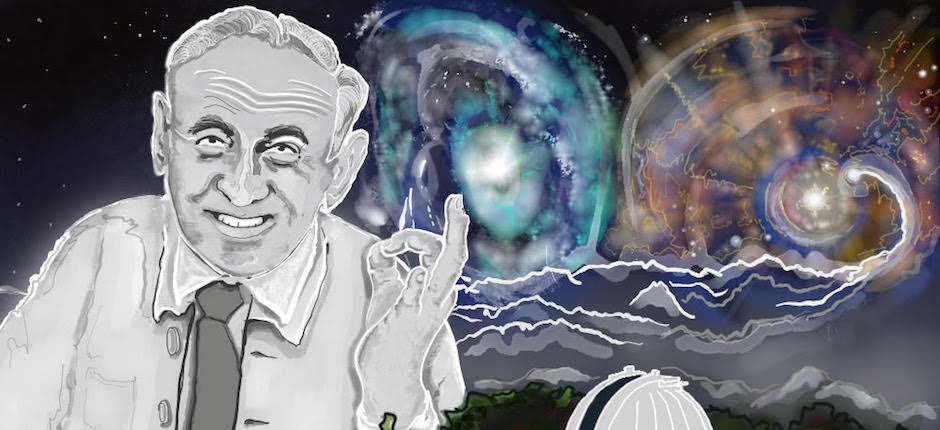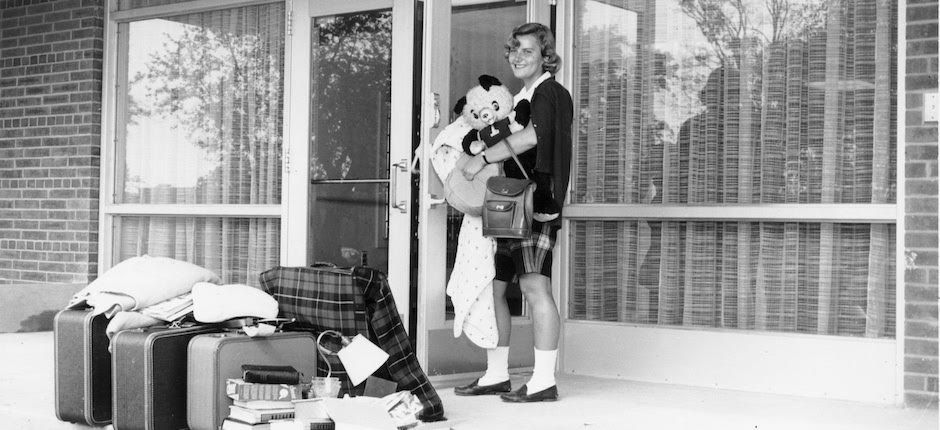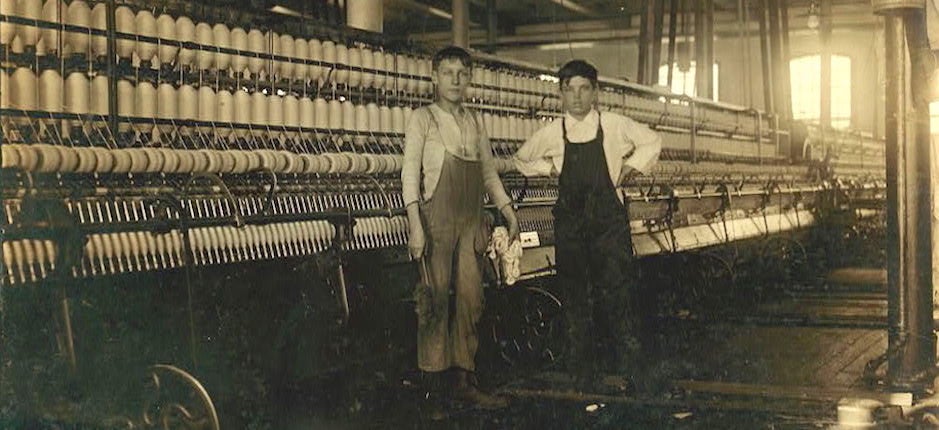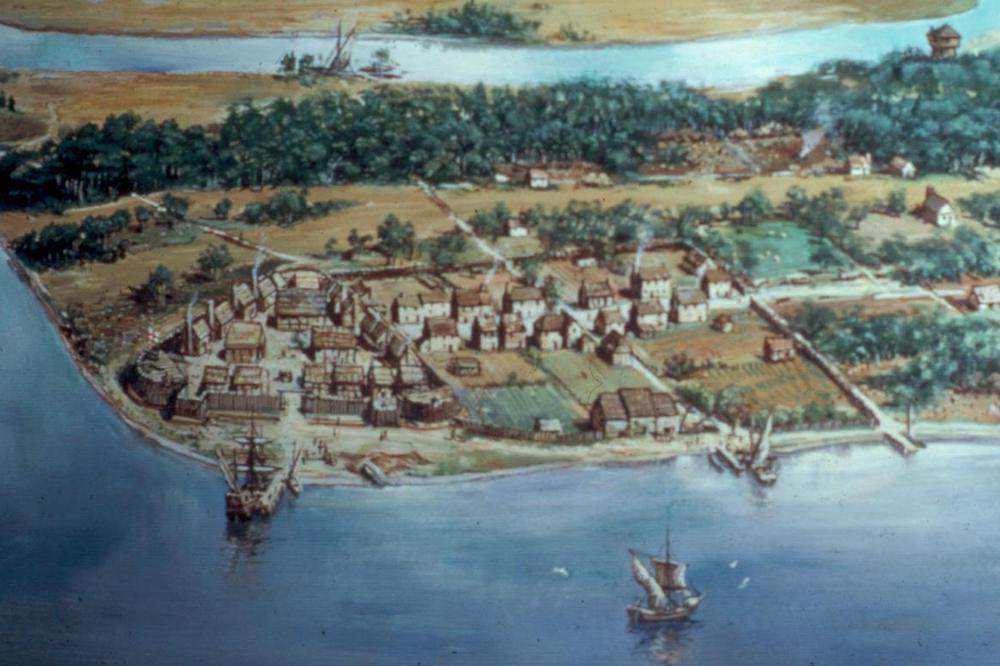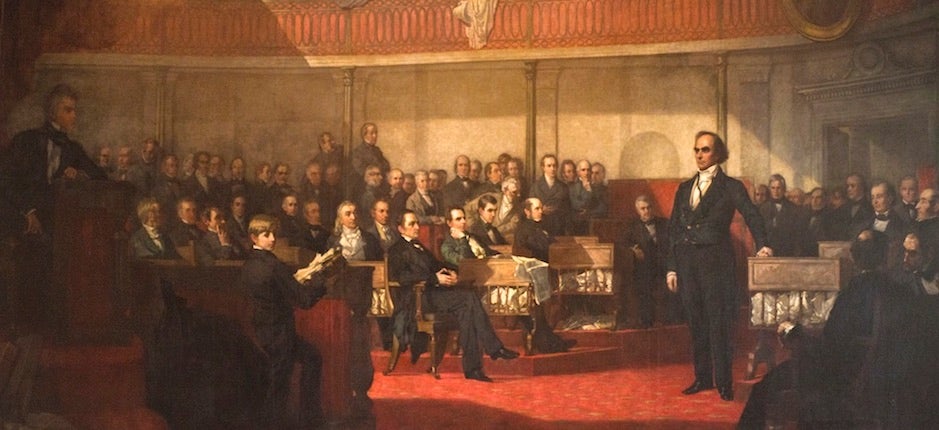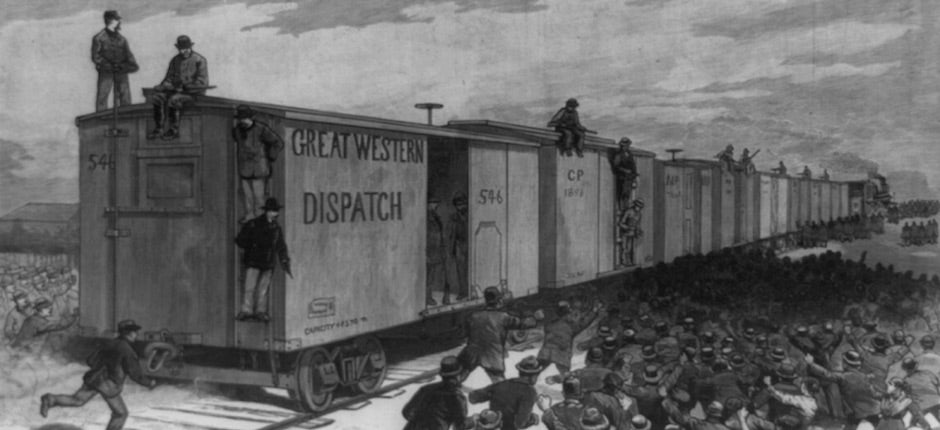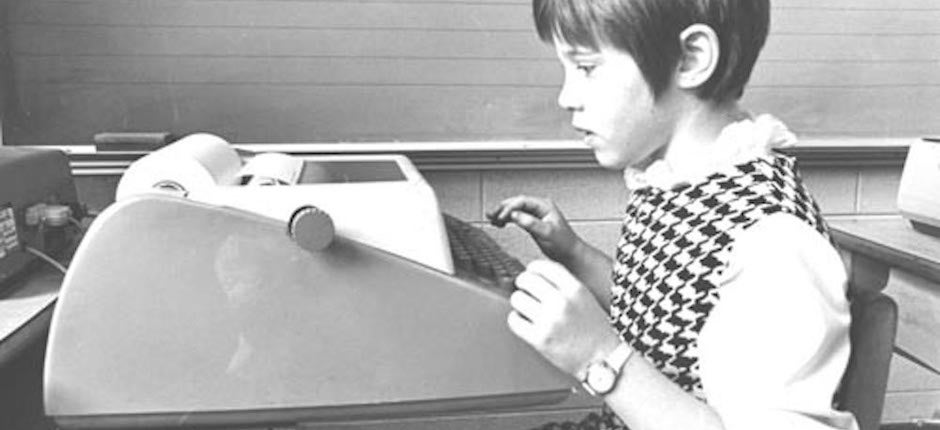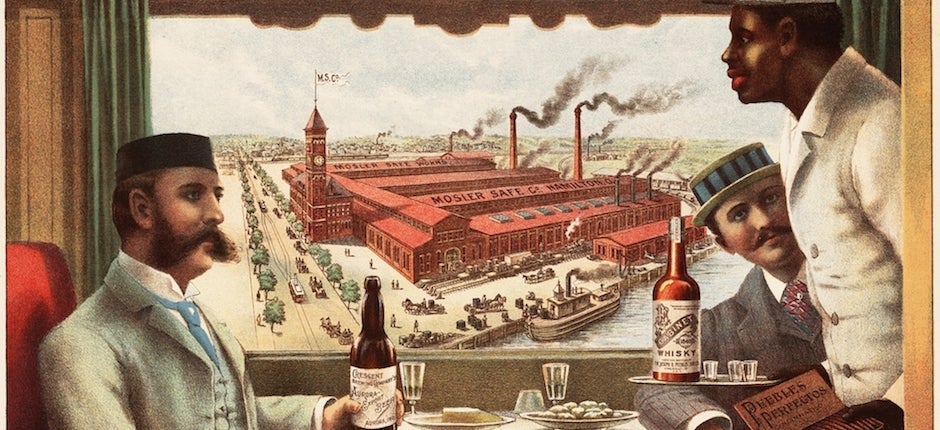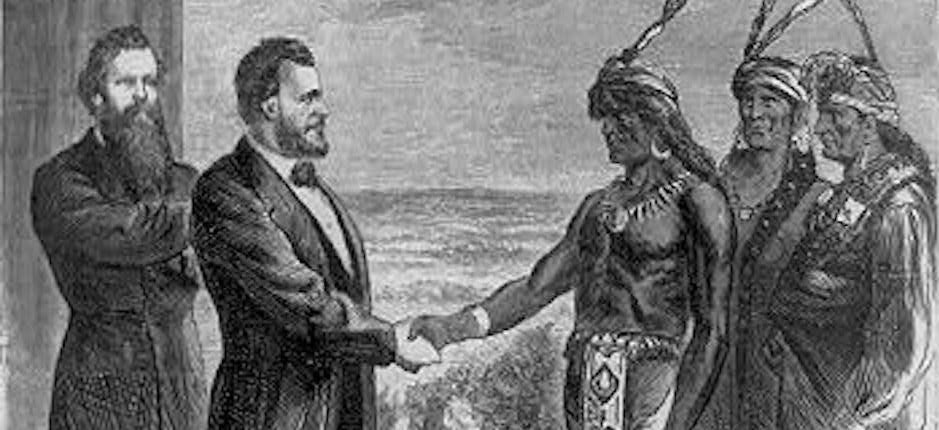The Postage Stamps That Flew Amelia Earhart Across the World
In the 1930s, Collectors—Including FDR—Helped American Explorers Achieve Their Dreams
Americans looking to bankroll adventures in the early 20th century had to get creative. Expeditions were not cheap, and even wealthy individuals needed financial assistance to pay for equipment and crews. But two notable explorers got especially imaginative by relying on an early version of crowdfunding that piggybacked on a budding American craze: collecting stamps.
Antarctic explorer Navy Rear Admiral Richard Byrd and transatlantic pilot Amelia Earhart made thousands for their journeys by selling postmarked souvenir envelopes and stamps that …


